Chinese New Year 2024: Celebrating the Year of the Dragon!
Why Chinese New Year is so special
- The holiday is tied to the lunar-solar Chinese calendar and was initially observed as a time to honour household and heavenly deities and ancestors.
- The New Year celebration is centred around removing the bad and the old and welcoming the new and the good.
- Today, Chinese or Lunar New Year is a special time to bring friends and family together for feasting and festivities in China, Korea, Vietnam, Japan, most ASEAN countries and many others worldwide.
Chinese New Year, also known as Lunar New Year or Spring Festival, is the most important festival in China and a major event in all other East Asian countries. Chinese New Year is the festival that celebrates the beginning of a new year on the traditional Chinese lunisolar calendar. It was traditionally a time to honour deities and ancestors, and it has also become a time to feast and visit family members. 2024 is the year of the Dragon, specifically, the Wood Dragon!
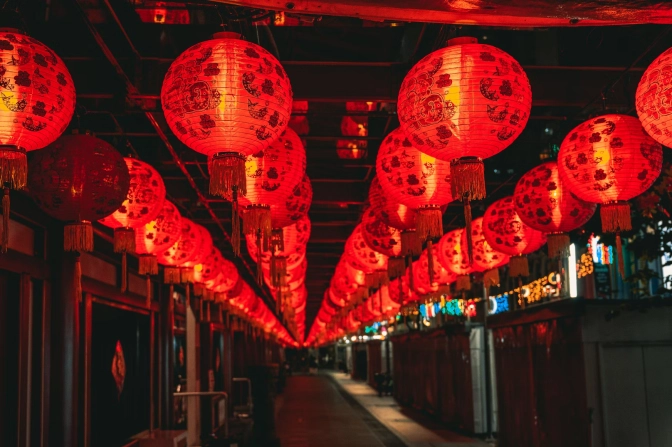
Origin of Chinese New Year
Chinese New Year is steeped with stories and myths. One of the most famous legends is about the mythical beast Nian (which means Year in Chinese). He ate livestock, crops, and even people on one New Year's Eve. To prevent Nian from attacking people and causing destruction, people put food at their doors for Nian. It’s said that a wise old man figured out that Nian was scared of loud noises and the colour red. So, people put red lanterns and red scrolls on their windows and doors to stop Nian from coming inside. Crackling bamboo (later replaced by firecrackers) was lit to scare Nian away.
Chinese New Year has enjoyed a history of about 3,500 years, and celebrations traditionally last for 16 days, starting from Chinese New Year's Eve to the Lantern Festival. Its exact beginning is not recorded, but some people believe that Chinese New Year originated in the Shang Dynasty (1600–1046 BC), when people held sacrificial ceremonies in honour of gods and ancestors at the beginning or the end of each year. The term Nian ('year') first appeared in the Zhou Dynasty (1046–256 BC). It had become a custom to offer sacrifices to ancestors or gods, and to worship nature to bless harvests at the turn of the year. The date of the festival, the first day of the first month in the Chinese lunar calendar, was fixed in the Han Dynasty (202 BC – 220 AD).
In the Wei and Jin dynasties (220–420 AD), apart from worshipping gods and ancestors, people began to entertain themselves. The customs of a family gathering to clean their house, have dinner, and stay up late on New Year’s Eve originated among common people. Afterwards, economic and cultural prosperity during the Tang, Song, and Qing dynasties accelerated the development of the Spring Festival. Customs during the festival became akin to modern times. Setting off firecrackers, visiting relatives and friends, and eating dumplings are essential to the celebration. More entertaining activities arose, such as watching dragon and lion dances at the Temple Fair and watching a lantern show. The function of the Spring Festival changed from a religious one to an entertaining and social one, much like today.
Did You Know?
While "Chinese New Year" remains the official name for the festival in Taiwan, the name "Spring Festival" was adopted by the People's Republic of China instead. On the other hand, the overseas Chinese diaspora mostly prefers the term "Lunar New Year". At the same time, "Chinese New Year" remains a popular and convenient translation for people of non-Chinese cultural backgrounds. Along with the Han Chinese in and outside Greater China, as many as 29 of the 55 ethnic minority groups in China also celebrate Chinese New Year. Korea, Vietnam, Singapore, Malaysia, Indonesia and the Philippines celebrate it as an official festival.
In 1912, the Chinese government abolished the Chinese New Year and the lunar calendar. It adopted the Gregorian calendar instead and made January 1 the official start of the New Year. After 1949, Chinese New Year was renamed the Spring Festival and was listed as a nationwide public holiday. Nowadays, many traditional activities are disappearing, but new trends have been generated, like CCTV (China Central Television)’s Spring Festival Gala, shopping online, WeChat red envelopes, and overseas travel make Chinese New Year more interesting and colourful.
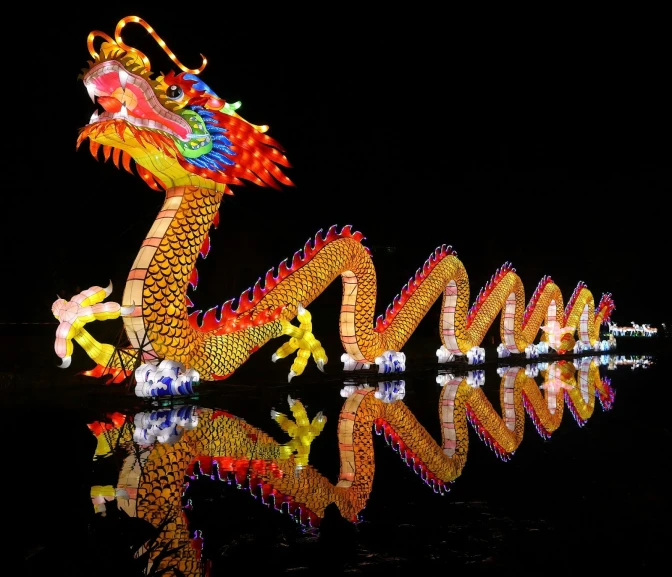
The Legend of Dragon in the Chinese Zodiac
The Dragon holds a significant place as the fifth zodiac animal, known for its auspicious and powerful nature. According to legend, the Dragon embodies strength, prosperity, wisdom, and luck, with each of the five elements - fire, metal, earth, water, and wood - contributing to its unique personality. In 2024, the representation of the Wood Dragon signifies a year tailored for visionary leadership, innovation, and creative problem-solving. This elemental combination makes 2024 an ideal time for individuals to embrace their visionary qualities and pursue innovative solutions, positioning it as a favourable year for those seeking to lead, innovate, and solve challenges.
Chinese New Year Traditions That Many People Do Without Realising the Meaning
1. Avoid Washing Your Hair and Clothes
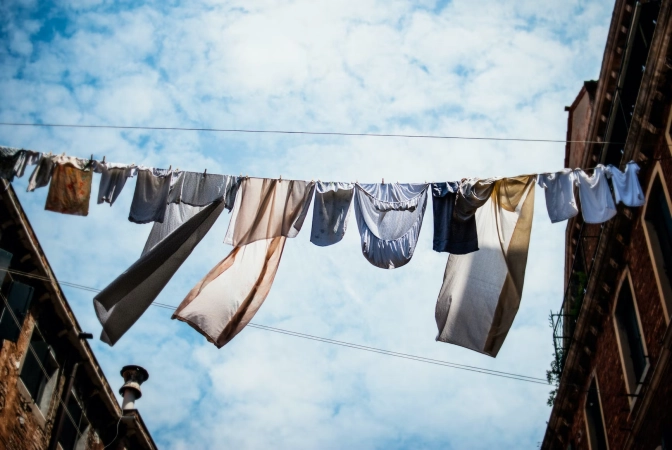
No sweeping, cleaning, or washing stuff because you’re getting rid of our good luck. People also avoid washing their hair and clothes on the first and second days. This tradition follows the myth that doing so would be offensive and bring bad luck to the family. Additionally, hair in Chinese is pronounced the same way as fa in facai, which means ‘to get rich’. Washing your hair is akin to washing away your fortune for the new year.
2. Staying Up Late on Chinese New Year’s Eve
The longer you stay up, the longer your parents will live. As the story goes, villagers back then would stay up late to keep a watch for the monster Nian during Chinese New Year's Eve, and to keep themselves occupied, they’d eat and drink through the night. From then on, this act was dubbed shousui, which means to “keep vigil”.
Other stories also point out how girls in ancient times were never allowed to head out by themselves. The only exception to this was the first full moon of the year during the lantern festival, where they’d finally be able to stay out and play games to their heart’s content. These days, the kids stay up out of filial piety, and the older peeps do it to cherish the time.
3. Giving Hongbao
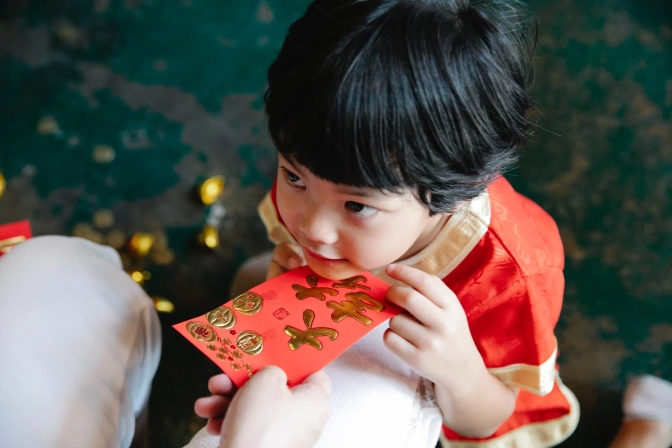
Hongbao is a Chinese tradition that everyone has known forever. They’re a long-standing practice given out as gifts to the young and unmarried. This custom stems from the legend of the Eight Immortals. In a couple’s bid to save their newborn son from the evil demon Sui, they turned themselves into coins and hid under the baby’s pillow amidst sheets of red paper.
And it worked! Upon the demon’s arrival, the coins released a powerful light that frightened it. Since then, it became common to give children money wrapped in red paper to protect them from Sui, and it eventually became a way to bless them with good wishes and good fortune.
4. Doing Lo Hei
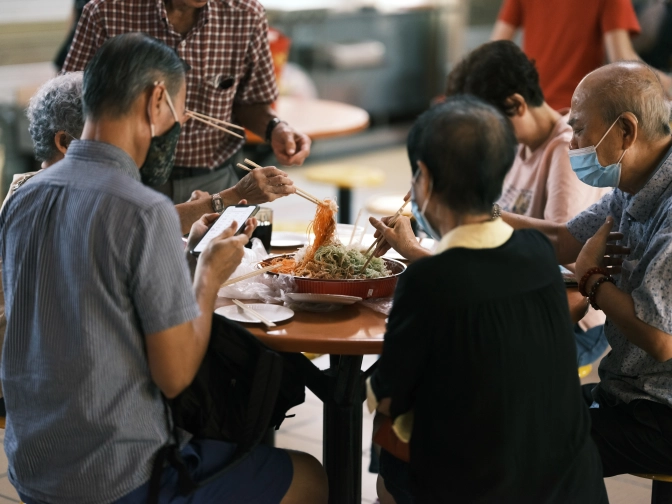
Reunion dinners in Singapore and a growing number of other countries nowadays pretty much must include yusheng – or lo hei, as it’s more commonly known. It’s when you toss mixed ingredients, each representing a blessing as high as possible, to gain better fortune in the new year. You would think this practice’s done all over China, but surprisingly, it only happens in Singapore, Malaysia, and Indonesia. It started as a tradition among fishermen in Guangzhou, where they’d enjoy thin slices of raw fish to celebrate Ren Ri, the 7th day of CNY, which traditionally signified the day humans were created.
Eventually, this tradition crossed over to Malaysia and eventually Singapore through the migration of Cantonese and Teochew migrants. Eventually, the humble meal soon evolved into a huge, colourful salad to be enjoyed by the whole family.
5. Exchanging Oranges
They’re symbols of luck and wealth, also known as song gam in Cantonese, which means “giving gold”. Doing so is exchanging prosperity with one another, which goes back to ancient practices. And it’s always 2 oranges to double the prosperity exchanged, termed Shuang xi in Chinese, the most common symbol for good luck.
6. Wearing Brand New Clothes

Chinese New Year is the time you’d see friends and relatives rushing out to stock up on new clothes, typically in red or bright colours. No blacks or whites are allowed since those colours are usually associated with funerals and death.
But more than that, it’s also a time for new beginnings. Back then, poorer villagers usually couldn’t afford new clothes on normal days, so they’d save up and purchase them only for the new year. It’s different now, but many still hold to this practice to usher in the new year.
7. Pay your Debt Before Chinese New Year
There are two main reasons for this: It allows you to enjoy the holiday without worry; and you may be “cursed” if you don’t pay them off in time. Legends say you’ll forever be in debt if you bring in outstanding repayments into the new year. But if you’re the one who’s owed money, you shouldn’t demand your repayments either, or else it will bring bad luck to both yourself and the other person.
8. Don’t Break Ceramics or Glass
Try your best to avoid breaking things, but take extra precautions during Chinese New Year. That’s because it’s a taboo that’s believed to bring misfortune and financial loss to the person who broke the item – something you won’t want when you’re just stepping into the new year.
Thankfully, there are ways to rectify the situation if it happens to you. Just wrap the broken item with a piece of red paper or cloth and murmur auspicious phrases such as “sui sui ping an”. As sui can refer to both “year” and “broken”, it’s a way to expel bad luck and have you remain safe and sound.
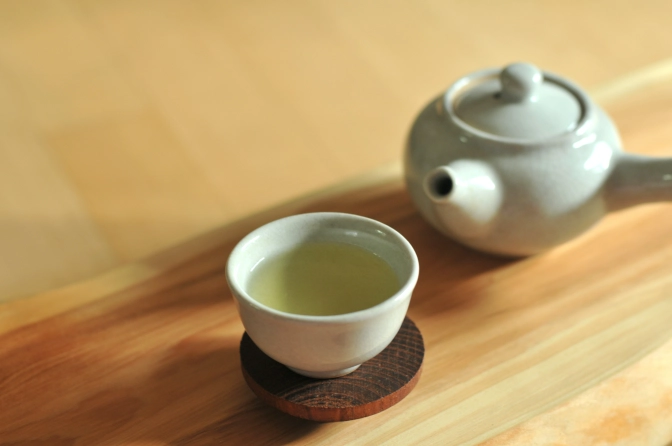
Hopefully, this article helped you understand more about the Chinese New Year. Let the Dragon remind you that true joy is found in quiet moments of peace with the ones you love. Wishing you luck, love, and health this Chinese New Year.
Sources:
https://www.chinahighlights.com/travelguide/special-report/chinese-new-year/
https://www.thechinesezodiac.org/year-of-the-dragon/
https://en.wikipedia.org/wiki/Chinese_New_Year
https://lammuseum.wfu.edu/education/teachers/chinese-new-year
https://thesmartlocal.com/read/chinese-new-year-traditions-singapore/
